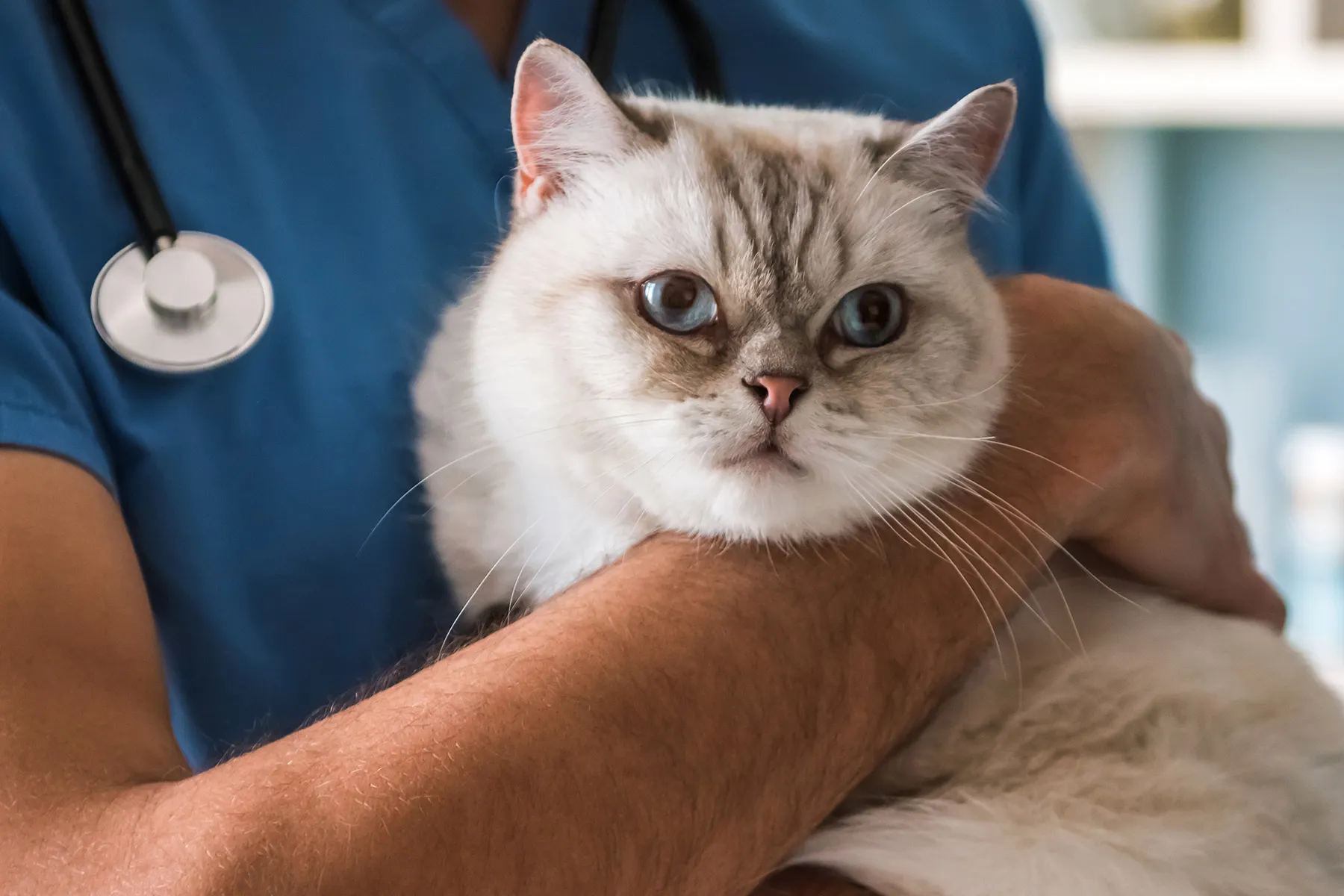
HealthDay Press Reporter
FRIDAY, April 23, 2021 (HealthDay News)– Not even your precious feline is safe from COVID-19
Utilizing extensive hereditary analyses, a brand-new examination in the UK recommends that individuals can pass COVID-19 on to their felines.
” We recognized 2 felines that evaluated favorable,” stated research study lead author Margaret Hosie. “Both of them were from presumed COVID-19 families.”
One case included a 6-year-old female Siamese. Last May, the feline had significant nasal and eye discharge. Swab samples were drawn from the impacted locations and evaluated for indications of breathing infection.
Hereditary sequencing of the infection discovered in those samples exposed “that it was really comparable to the series of isolates from (COVID-19-) contaminated individuals in the very same area of the U.K.,” stated Hosie, a teacher of relative virology with the MRC-University of Glasgow Centre for Infection Research Study, in Scotland.
The other case included a 4-month-old Ragdoll kitty who caught serious breathing disease in April2020 A post-mortem examination exposed the kittycat had actually contracted COVID-19 after direct exposure to human SARS– CoV-2, the infection that triggers the disease.
So how typical is human-to-cat transmission?
It’s quite typical, stated Dorothee Bienzle, a teacher of veterinary pathology at the University of Guelph in Ontario, Canada. The irregularity of cases might depend on the distance of the COVID-19 client and the family pet.
If your feline does get contaminated following direct exposure to human COVID-19, is major health problem a provided? No, stated Keith Poulsen, director of the University of Wisconsin Veterinary Diagnostic Lab, in Madison.
” Scientific illness with COVID for domesticated animals is really unusual,” Poulsen stated. “We do not check all of our animals, however we have actually teamed up in research studies with the U.S. Centers for Illness Control and Avoidance and understand that animals in homes with COVID have a great chance of screening favorable for COVID. They seldom reveal any medical indications and do not need veterinary intervention, in our information. The only outlier here are ferrets and mink. They get ill with COVID.”
When It Comes To whether the transmission dynamic may go the other method, Hosie stated that, for the minute, “we can not dismiss the possibility that the infection might be transferred from felines to human beings.”
Continued
And it’s going to be a hard concern to address, she included, “as we might never ever expose an uninfected individual to a contaminated feline to identify whether cat-to-human transmission would happen.”
Still, Poulsen recommended that while the possibility can not be eliminated, it is not extremely worrying.
” We have no proof that any buddy animals play a considerable function in transmission back to individuals,” he stated, “with the exception of ferrets and mink. The opportunities of this taking place to a substantial, or intervention-requiring rate, are low, however not absolutely no.”
His bottom line: “We still do not think that felines, or pets, are substantial gamers in the illness ecology of COVID-19 in individuals, animals or the environment,” Poulsen worried.
Perhaps so, however the research study authors concluded that “it will be essential to keep an eye on for human-to-cat, cat-to-cat and cat-to-human transmission.”
When it comes to dogs, both Hosie and Poulsen concurred pet dogs appear to have the upper hand over their feline good friends when it concerns human coronavirus vulnerability.
” Pet dogs are infectable, however less often than felines,” Hosie stated.
Poulsen concurred, keeping in mind that “the science indicate the truth that felines most likely duplicate more infection than pets.”
The research study was released April 22 in the Veterinary Record
More details
There’s more on animal health at the U.S. Centers for Illness Control and Avoidance
SOURCES: Margaret J. Hosie, PhD, teacher, relative virology, MRC-University of Glasgow Centre for Infection Research Study, Bearsden, Glasgow, U.K.; Dorothee Bienzle, DVM, teacher, veterinary pathology, University of Guelph, Ontario, Canada; Keith Poulsen, DVM, PhD, DACVIM, scientific associate teacher, big animal internal medication, and director, Wisconsin Veterinary Diagnostic Lab, University of Wisconsin, Madison; Veterinary Record, April 22, 2021
No comments:
Post a Comment